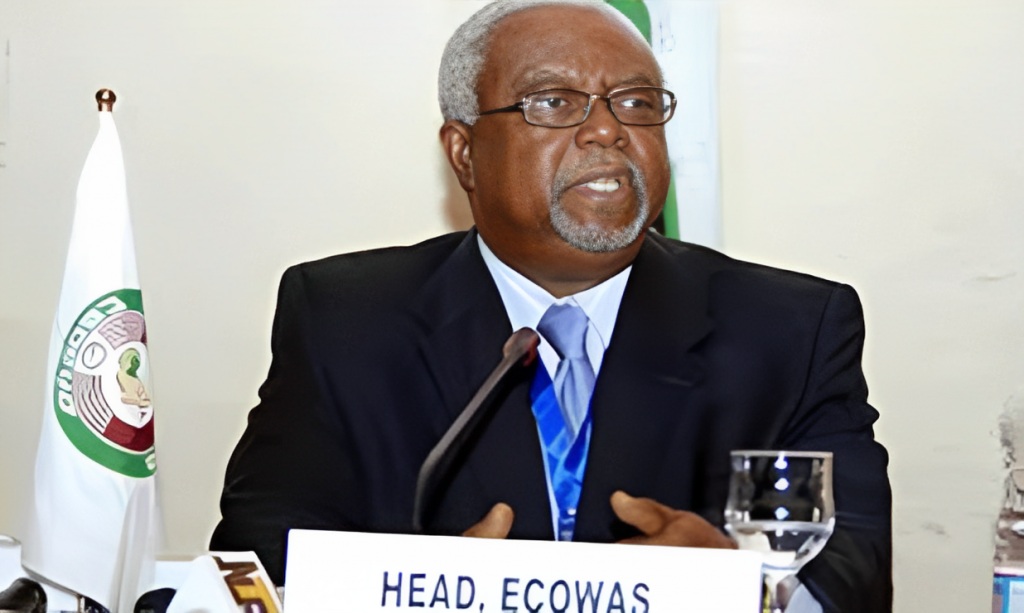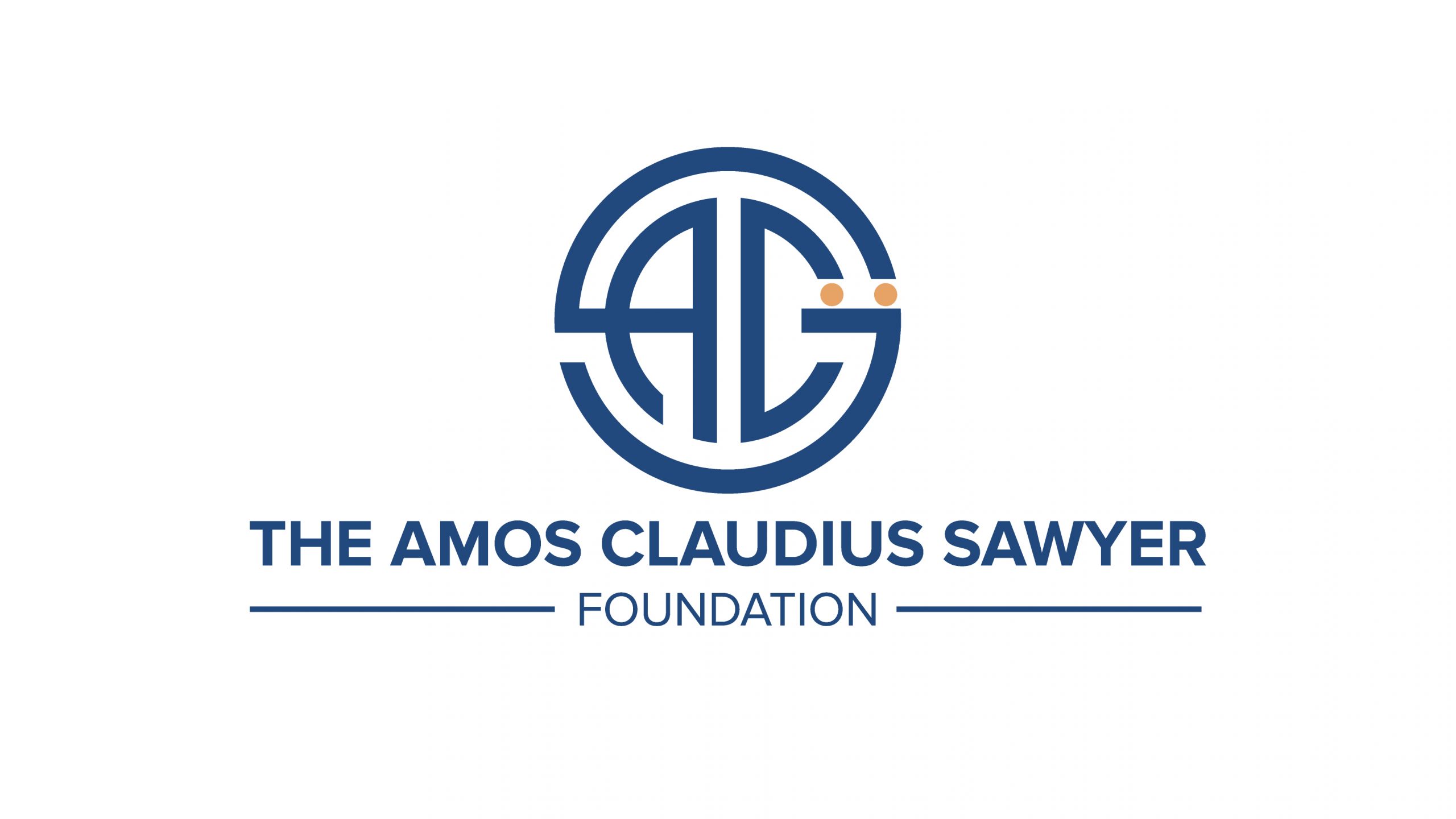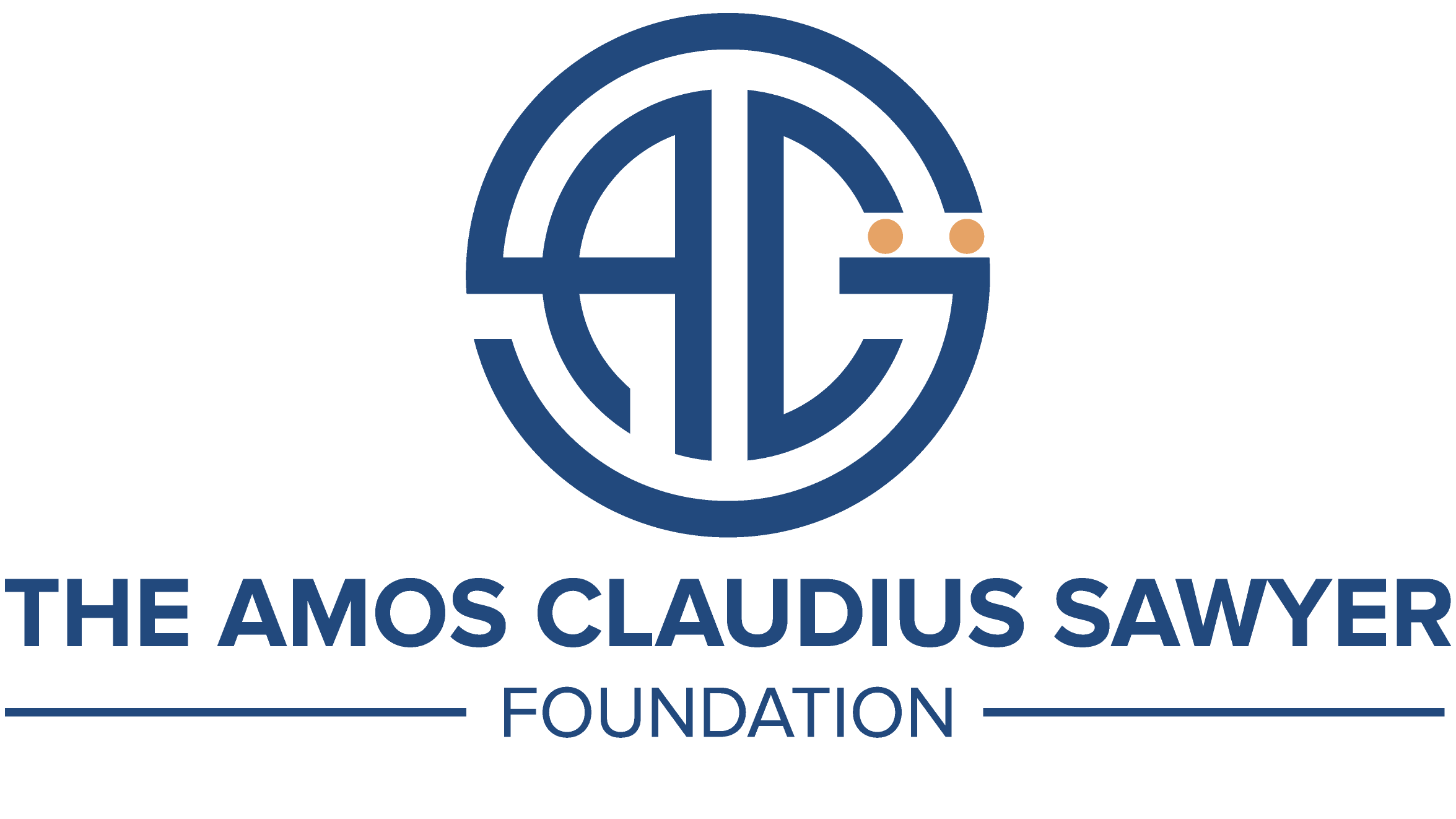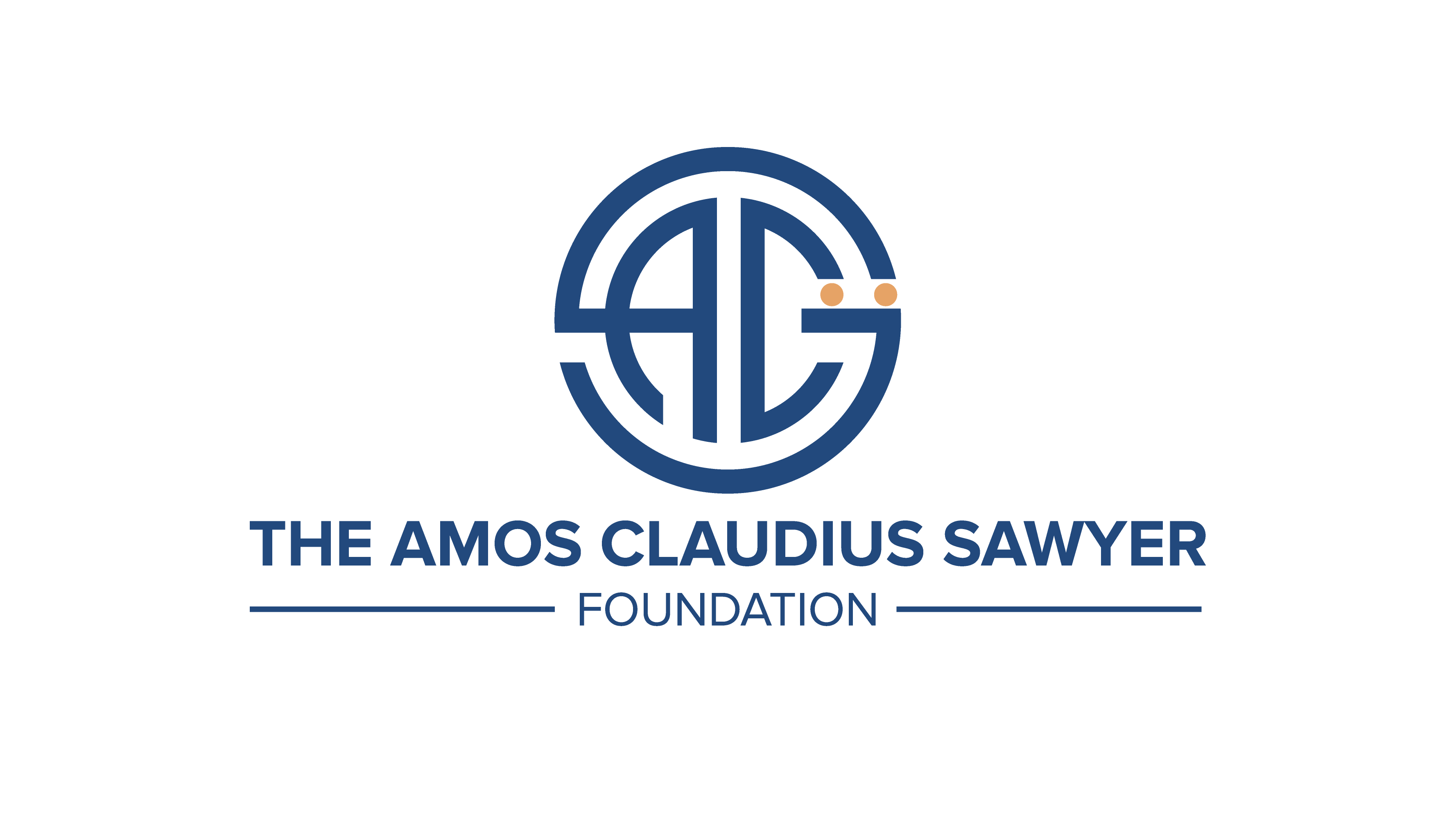Home | Areas of Focus
Areas of Focus
Democratic Governance Practice Group
Strengthening Public Service Institutions
The Public Policy Institute
Democratic Governance is viewed as having both public and private institutions operate in a
manner that is transparent and are held accountable within a participatory process that
responds to the needs of citizens, and businesses leading to fair and balanced public policies.
Liberia and to some extent, much of Africa continues to struggle with ensuring the
institutions intended to be open and responsive to the needs of the Citizenry functions as
they should. They often lack adequate technical and financial resources, including human
capacity or sustainable strategies to be effective. Therefore, the Foundation will address this need by mobilizing targeted resources and solutions that provide “deep dive” organizational development and training to public institutions. To this end, the Foundation will operate The Public Policy Institute. Housed within the Foundation, the
Institute will serve as an ongoing training program for Senior Management and Policymaking
Officials of Government, Civil Society Leaders, and Business Executives. The Foundation will team up and partner with an internationally respected University and other partners in developing the most effective training programs and modules that can be easily delivered
leveraging relevant technologies, including distant learning programs.
Annual National Conference on Good Governance
A standing program of the Foundation beginning in its second year of operations, is The
Annual National Conference on Good Governance. The Foundation will lead like-minded institutions in organizing this annual three days event to consist of training workshops, expert panel presentations, presentations of research papers and other data by expert presenters, keynote addresses and other pertinent activities.
The Board and Management will set an annual budget for this endeavor and brand it as the most comprehensive and premier gathering of experts on Good Governance. The idea driving this initiative is to help develop a mindset about Good Governance, as something that is a constant objective of Democratic Governance. It is not something only for election cycles and campaign rhetoric. Instead, it’s a way of life. This event should be something that participants look forward to having and attending annually and be viewed as an event where knowledge and subject matter expertise is evident.
Bi-Annual Survey on Public Service Delivery
Holding public institutions accountable is a critical aspect of Democratic Governance. When
people feel positive about their government, or believe that the Government is responsive to
their needs, it leads to higher civic engagement which contributes to stronger institutions.
The Foundation will administer a bi-annual national survey on people’s perceptions about
how well the government delivers critical services within the service delivery systems across
multiple agencies.
For example, applying for passports, birth certificates, national identifications, marriage
licenses, driver’s licenses, vehicle registrations, business registrations, paying taxes,
registering to vote, paying port charges and clearing/shipping goods, accessing the courts,
accessing legislators, etc. The idea is to provide useful information and data to policymakers
for improvements in service delivery processes.
Rule of Law Practice Group
The Foundation will support the establishment of Community-based and focused Law
and Justice Clinics in targeted jurisdictions (Modeled after Legal Aid), where there are needs
for this type of intervention. The Foundation will partner with entities such as the Louis Arthur Grimes School of Law, The Association of Trial Judges, and the Liberia Bar Association to develop a model and approach that works well for Liberia. The goal of this program would be to facilitate access to publicly available services for persons who need to access the legal system, who may need information and direction. The extent to which such a program demystifies the hurdles that most people encounter within the legal system would be most beneficial to the public. The more people are informed and aware of their basic rights, the more they can find avenues to best channel grievances and other rule of law matters.
Rule of Law Civics Curriculum
It is well established that post-conflict nations such as Liberia, that continue to experience
economic challenges also have vulnerable youth populations. One way of reaching thisdemographic is through the existing education system. It’s never too soon to learn that rules and laws are an intricate part of a successful democracy. Therefore, as part of the Foundation’s Rule of Law Practice, a program targeting primary and secondary schools will be developed in partnership with stakeholders in Education and Law to develop materials for broad dissemination in schools. The Foundation will spend the first year developing this program, and securing funding to roll it out in its second year.
The Amos Claudius Sawyer Rule of Law Fellowship
The Foundation will mobilize resources for a competitive Fellowship Program Housed at that Foundation that supports (based on budget resources) one to three scholars in pursuing research in Justice and the Rule of Law. Upon completion, scholars will have an opportunity to present their findings in an appropriate forum. Applicants may include Professors, PhD candidates, Judges, Lawyers, and recent Law School Graduates. A one-year sabbatical will be required for intense study.

“No Democracy succeeds without adherence to the rule of law. Liberia is a Constitutional Republic and has well established codified laws and rule-making processes. The Foundation’s Rule of Law program will focus on ensuring fair access to Justice for all.”
Peace Building Practice Group
The importance of sustainable peace building strategies cannot be underestimated in a postconflict country such as Liberia. Liberia has had its share of election violence, campus
violence and vandalism, protests and riots, police-civilian tensions, workers strike, and many
other situations that threaten peace and stability and can easily lead to much broader
conflict. It is crucial that any Peace building strategy includes the ability to foresee and
predict potential problems before they start, include early warning capabilities, and
mitigation techniques.
One of the biggest threats to Liberia’s Peace is the level of high unemployment and lack of opportunities amongst disadvantaged youth, who are easily prone to coercion to engage in violence. This also leads directly to the potential for increased tensions between communities and law enforcement. Therefore, the Foundation seeks to develop two programs aimed at sustaining long term Peace. The Foundation will focus and develop the following:
Community-based Youth Dialogues through local Groups
The Foundation will target specific resources for supporting positive youth action at the community level, through block groups, youth groups and other local stakeholders. In coordination with local implementing partners, the Foundation will develop a robust program that keeps youth in Communities engaged and purposeful about having positive impacts in their respective communities. The Foundation will select one community in each county (15 Communities) and will work with partners and stakeholders to design and develop strategies at the community level that contributes to Peace building.
Policing for Peace Initiative
There is sufcient research demonstrating that effective community-based policing strategies are effective, especially in preventing crimes and violence, and maintaining the peace. Liberia is a small country where the possibility of violence at the community level can easily spread and engulf more communities and possibly the country. A few years ago, a misunderstanding between Christian and Muslim youths in the Jacob town community, led to a nationwide curfew and stringent law enforcement measures aimed at ending riots, violence, and vandalism. The idea behind The Policing for Peace Initiative is to develop preventive measures in partnership with law enforcement, the security sector, community groups and other stakeholders to encourage increased police presence and involvement in communities. The Foundation will mobilize resources to support the implementation of this initiative, as a standing Peace building Program.
Global Partners Sustainable Peace building Roundtable (Continuing Engagement with Major Regional and International Partners)
As a course of business, the Foundation will engage with global entities active in Peace building Initiatives in Liberia and the sub-region, including the UN Agencies, ECOWAS, the Diplomatic Corps and other international stakeholders. The Foundation will periodically convene roundtables to discuss critical issues as it relates to long term sustainable peace.
WHAT WE DO – Focus Areas
The Sawyer Foundation will direct its resources, experience, and capacity to the following
thematic areas:
Democratic Governance:
The AMOS CLAUDIUS SAWYER Foundation is an organization dedicated to promoting democratic governance in Liberia. The foundation was named after Amos Claudius Sawyer, a prominent Liberian politician and scholar who served as the interim President of Liberia during the early 1990s. The foundation seeks to advance the ideals of good governance, transparency, and accountability by promoting political education, civic engagement, and leadership development. Through its various programs and initiatives, the foundation aims to strengthen democratic institutions, foster civic participation, and promote sustainable development in Liberia. The foundation’s work is crucial in promoting the values of democracy and promoting the well-being of Liberian citizens.
Rule of Law:
The AMOS CLAUDIUS SAWYER Foundation is an organization dedicated to promoting democratic governance in Liberia. The foundation was named after Amos Claudius Sawyer, a prominent Liberian politician and scholar who served as the interim President of Liberia during the early 1990s. The foundation seeks to advance the ideals of good governance, transparency, and accountability by promoting political education, civic engagement, and leadership development. Through its various programs and initiatives, the foundation aims to strengthen democratic institutions, foster civic participation, and promote sustainable development in Liberia. The foundation’s work is crucial in promoting the values of democracy and promoting the well-being of Liberian citizens.
Peace building:
The AMOS CLAUDIUS SAWYER Foundation is an organization dedicated to promoting democratic governance in Liberia. The foundation was named after Amos Claudius Sawyer, a prominent Liberian politician and scholar who served as the interim President of Liberia during the early 1990s. The foundation seeks to advance the ideals of good governance, transparency, and accountability by promoting political education, civic engagement, and leadership development. Through its various programs and initiatives, the foundation aims to strengthen democratic institutions, foster civic participation, and promote sustainable development in Liberia. The foundation’s work is crucial in promoting the values of democracy and promoting the well-being of Liberian citizens.
HOW WE DO IT - The “REAL” Approach
Research & Reflect:
The Foundation will host an inhouse think tank. The think tank will be established to conduct research to generate evidence through primary data and knowledge on critical governance issues in its immediate constituency (being Liberia) at a first instance, West Africa and Africa. This will be aimed at addressing the massive knowledge gap in policy making in Liberia (and the continent as a whole) as well as ensuring that all of the Foundation’s priorities, programmes, projects and engagements are informed by evidence regarding the instance of pertinence. We will analyze governance and public policy issues with aspirations of policy relevance and academic excellence. To this end, the Foundation will partner with leading organizations and institutions (universities, research 3 institutions, other think tanks, development agencies, etc.) The Foundation’s research will be informed by questions on the analytical and normative issues that practitioners in governance and public policy face. Building bridges between academia, political leaders, business, and civil society requires effective communication.
Engage & Empower:
We use the insights of our research and policy advice to foster public debate on key issues
in governance and public policy, as well as feed the questions raised in policy debates and
dialogues back into our research and advisory work. In addition, the foundation will bring
people together to exchange ideas and develop common initiatives. Through debate and
dialogue, we aim to support and assemble social and political entrepreneurs, build
strategic communities and nurture thought leadership, applied research at both national
and regional levels. Effective and accountable governance requires individuals who are
creative, thoughtful and unafraid to work across issues and boundaries.
Working separately or in collaboration with governmental, non-governmental, bilateral,
multilateral, political, non-political and other entities, the Foundation will vigorously
pursue avenues for the establishment of strategic partnerships and the strengthening of
existing ones to develop practical operating frameworks for successfully carrying out the
multiple programmes, projects and other activities aimed at promoting the principles of
Good Governance, Local/National/Regional/Continental Peace, and Security across all
landscapes;
How we work:
The “AMOS CLAUDIUS SAWYER FOUNDATION LIBERIA” referenced by way of trade name
as the SAWYER FOUNDATION LIBERIA is an independent and non-partisan public policy
and governance Foundation incorporated in honor of Dr. Amos Sawyer, the former
president oof the Republic of Liberia. The overall objective of the foundation is to honor
the legacy of Dr. Amos Claudius Sawyer by creating and establishing a non-profit
organization for the purpose of addressing the multiple issues of Democratic
Governance, Rule of Law and Peace building to address local, national, and geo-political
issues in the body polity and general governance structure of Liberia and other societies
where and when legally applicable.



